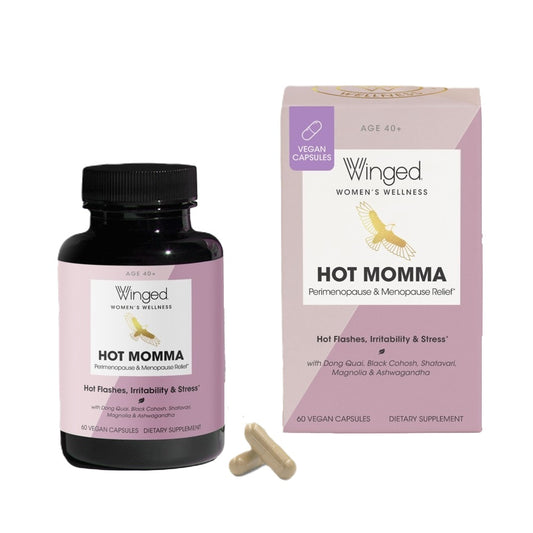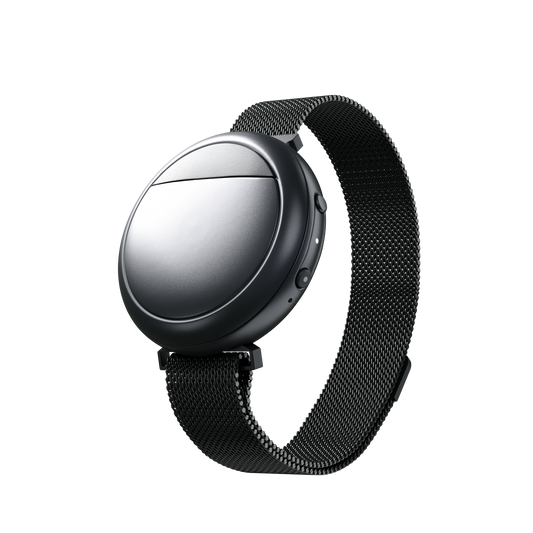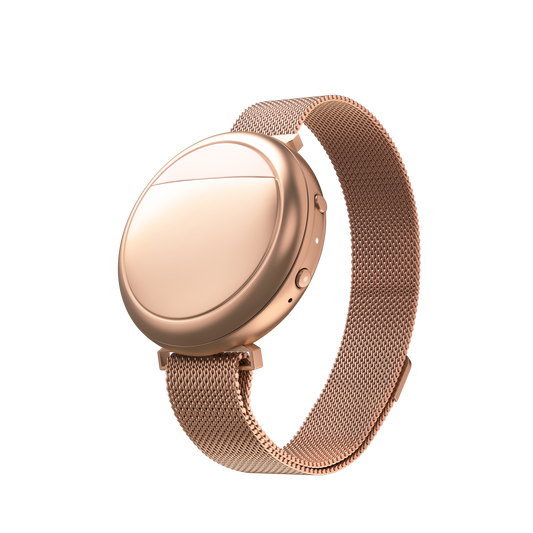Before we jump into whether acupuncture can help manage hot flashes, let’s take a few steps back and look at what acupuncture is.
What is acupuncture?
Acupuncture is a complementary and holistic technique that has been around a long time — over 2500 years! It started with traditional Chinese medicine, but since the 1970s, people all around the world use it. In acupuncture, the practitioner inserts very thin needles into the skin, at specific spots on the body. Each spot is associated with helping treat a specific health problem. The needles can be manipulated using the practitioner’s hand or stimulated with small electrical currents (called electroacupuncture).
According to traditional Chinese medicine, the body has a network of energy pathways called meridians. When something blocks these paths or when the energy doesn't flow the way it should, it can cause various health problems. Acupuncture is believed to work by restoring the balance of energy in the body and promoting healing. The acupuncture points are carefully chosen based on a person's symptoms and medical history. The needles are inserted into the skin at specific depths and left in place for a certain amount of time.
From a modern, scientific perspective, it’s not fully understood how acupuncture works, but there’s evidence that it may have effects on the nervous system, on other body tissues, and placebo effects.
Does acupuncture work for hot flashes and night sweats?
The quick answer is...maybe. There have been many studies conducted on this topic and the results have been mixed. It’s important to note that the studies on acupuncture treatment for hot flashes have been limited by small sample sizes (number of people in the study) and varying methodologies (different ways to test what works). More research is needed to fully understand the effectiveness of acupuncture for hot flashes.
It's been found that acupuncture did help reduce frequency and severity of hot flashes, when compared to no acupuncture. But when compared to sham (fake) acupuncture, there was no difference.
Sham acupuncture is often used in studies as a control when studying acupuncture treatment. The needles used for sham acupuncture look and feel like the needles used in acupuncture therapy. The difference is that they have a blunt tip and doesn't penetrate the skin, although the participant will still feel a sensation.
There's research showing that acupuncture can be effective in the treatment of pain, specifically back or neck pain, osteoarthritis knee pain, and post-operative pain. There have been multiple studies, with larger groups of study participants, on using acupuncture for these conditions.

So, should I try acupuncture for hot flashes?
As with any treatment option, there are risks and potential side effects involved. It’s always best to check with a healthcare provider before beginning any new treatment or if you have any questions.
Some insurance will cover it — and some will only cover it for certain conditions. Check with your insurance provider to see what they offer. If it’s not covered by your insurance, some employee wellness programs may also offer discounts for alternative therapies.
Some safety considerations if you decide to try acupuncture:
- Few complications from using acupuncture have been reported. Some people experience bruising or feel tired afterwards. Most complications arise from the use of nonsterile needles and improper delivery of the treatment.
- The FDA regulates acupuncture needles as a medical device. They’re required to be sterile and are for single use only in the United States. If you decide to try acupuncture, make sure your provider is using clean, unopened needles.
- Most states license acupuncturists, but licensing requirements vary from state to state. In addition to registering with the state, many states require that an individual has current certifications from the National Certification Commission for Acupuncture and Oriental Medicine (NCCAOM).
If you’re still curious about acupuncture, here are a few more tips as you look for providers and make an appointment:
- Ask around. Ask people you trust for recommendations on providers in your area.
- Interview the practitioners. Ask about their credentials, what’s involved in the treatment, the cost, and any other concerns you have.
- Make time for the appointment. You want to be relaxed during the acupuncture treatment, so don’t overbook yourself for that day.
- Share information. Let the practitioner know about any current health conditions, and any medications or supplements you’re taking.
- Eat a little bit. Have a small meal or snack about 2 hours before the appointment. You don’t want to feel full or lightheaded during the appointment. Also, avoid any form of caffeine for at least 2 hours before the appointment.
- Wear comfy clothes. Wear loose-fitting comfortable clothes for the appointment. You’ll be more comfortable, and it makes it easier for the practitioner to get to the area where they want to place the needles.
Curious to know what else might help you manage your hot flashes? Check our Hot Flashes and Night Sweats 101.





